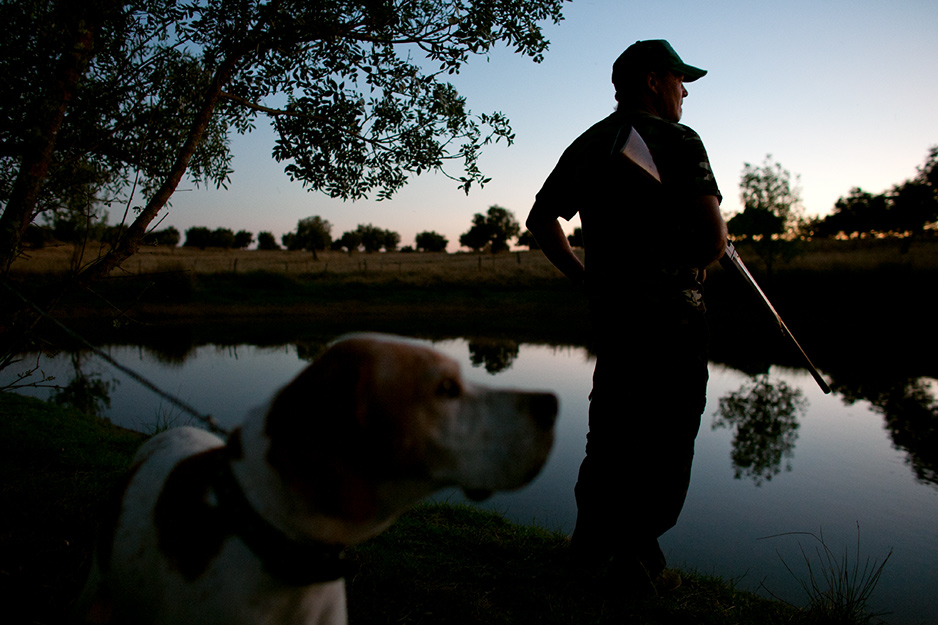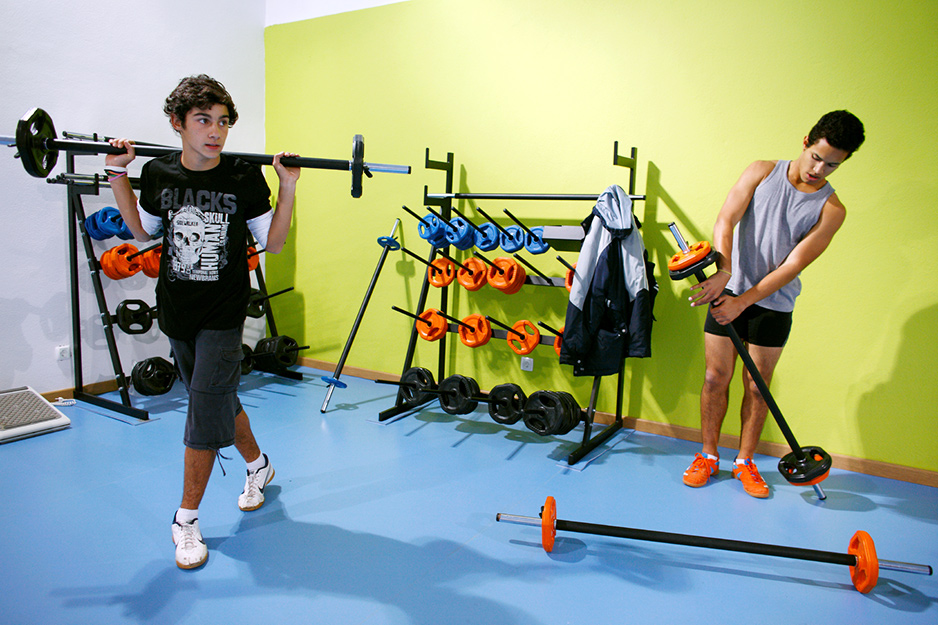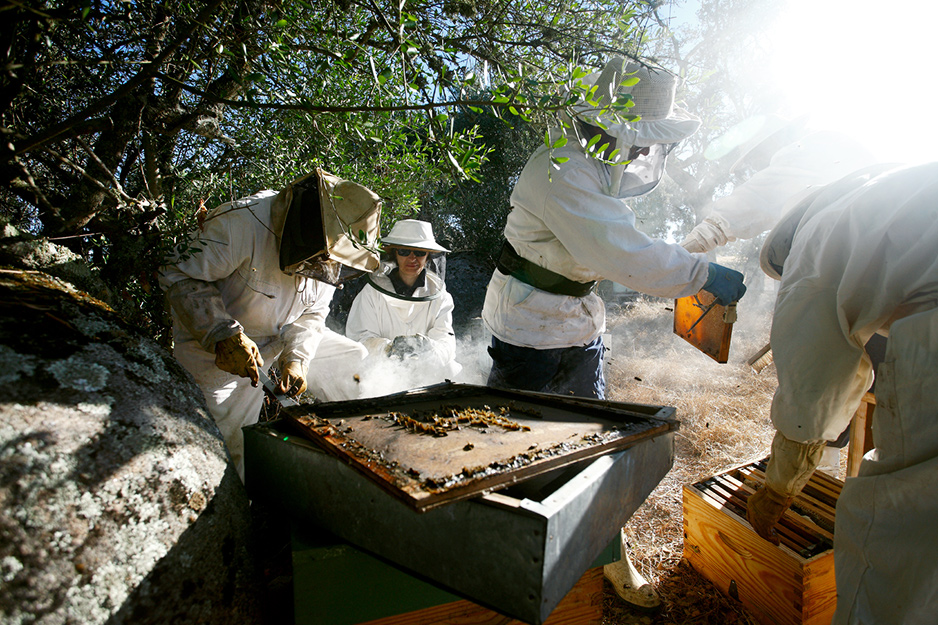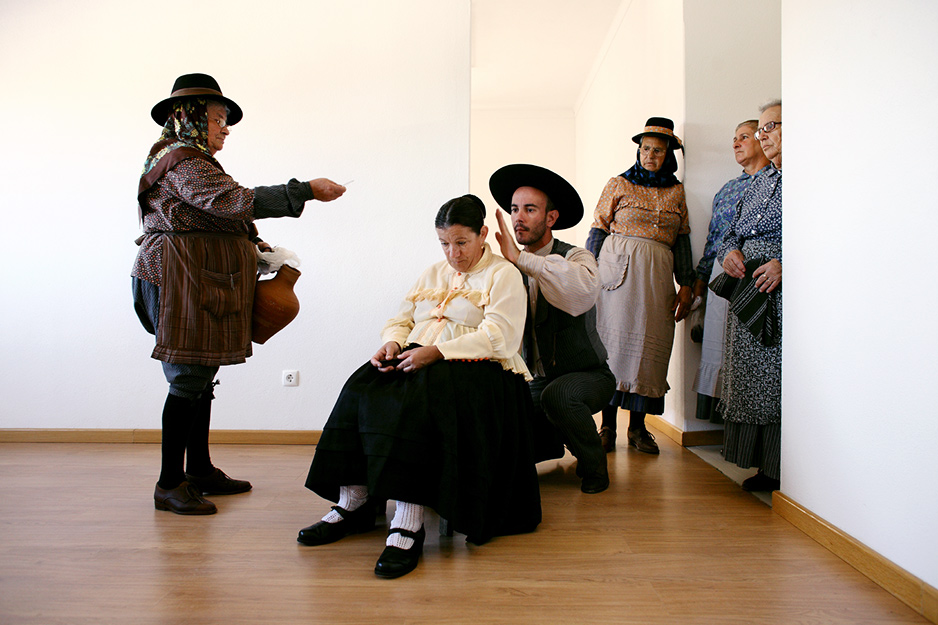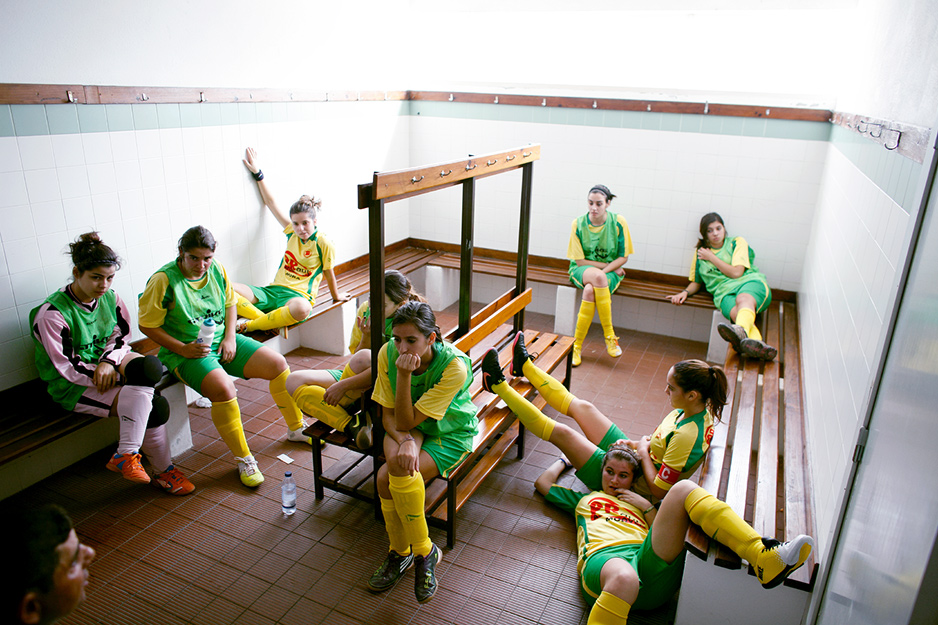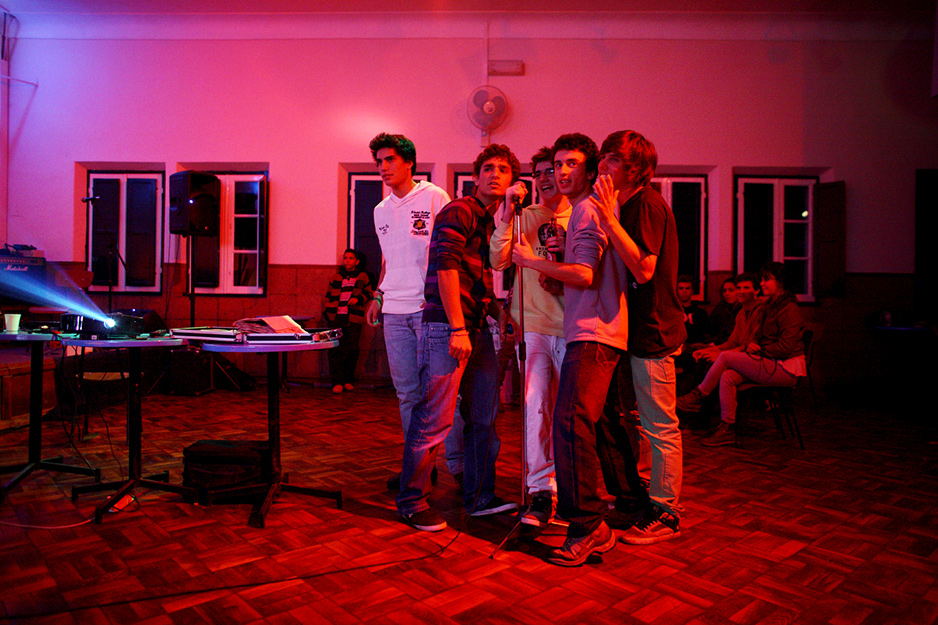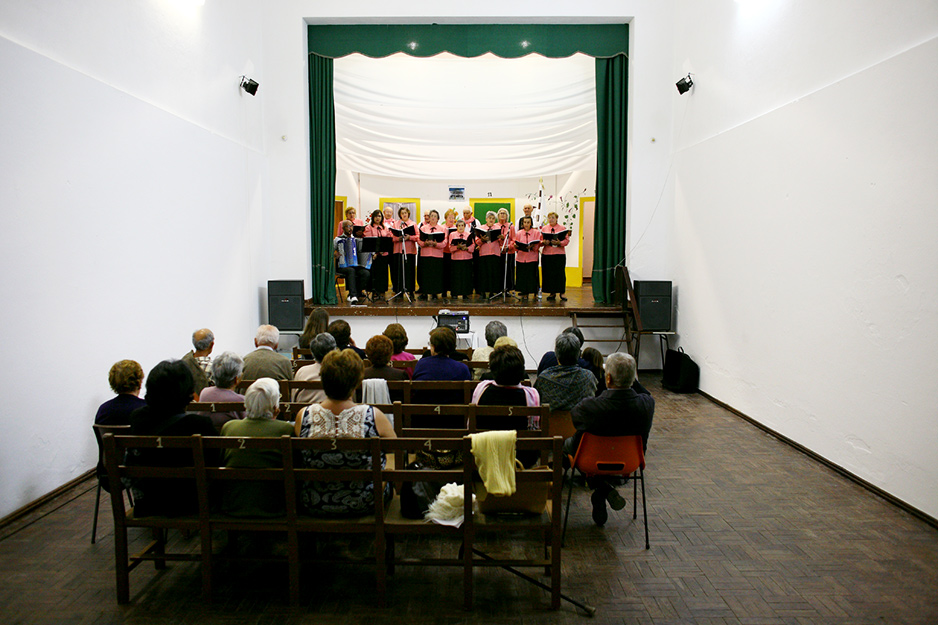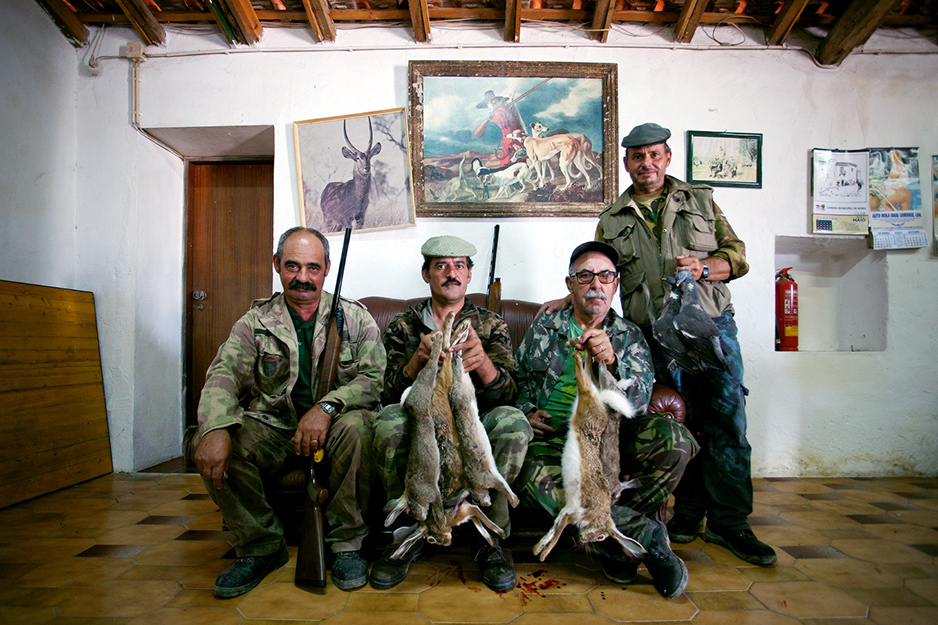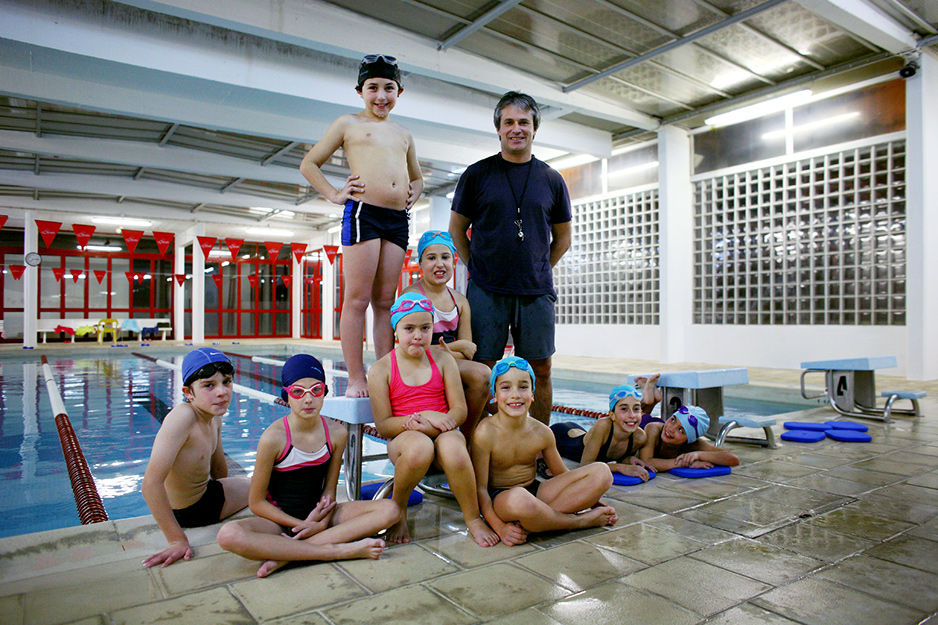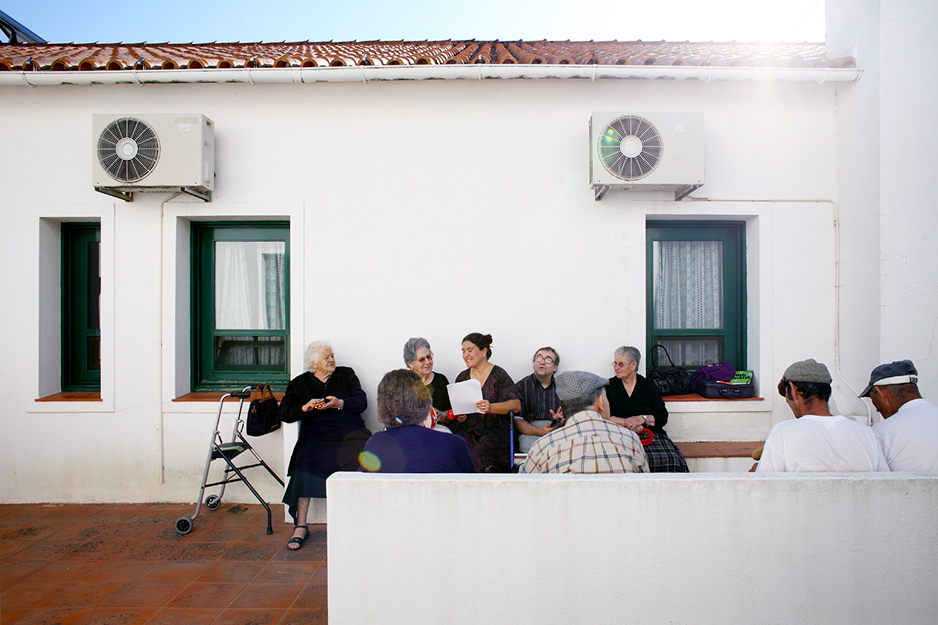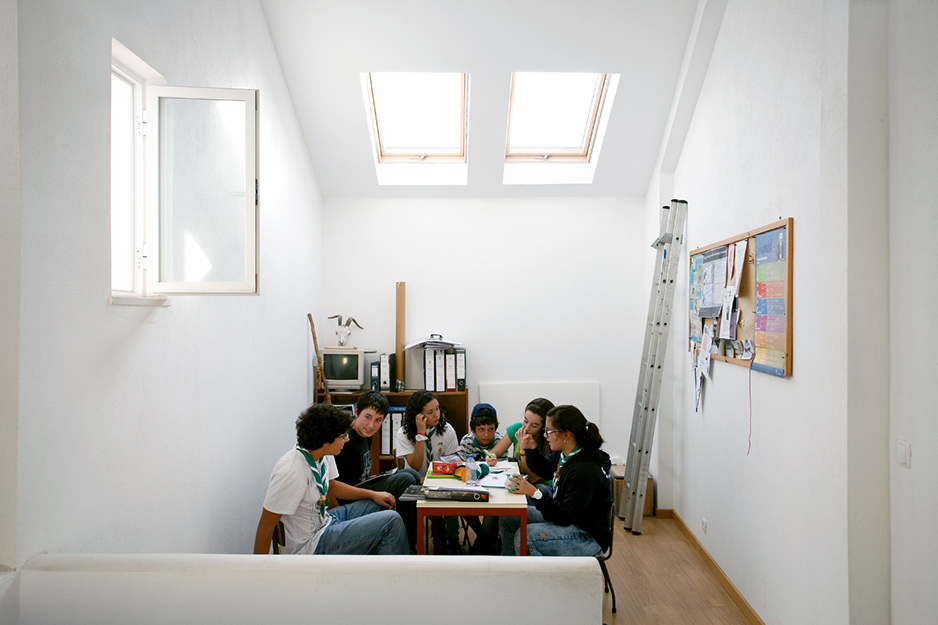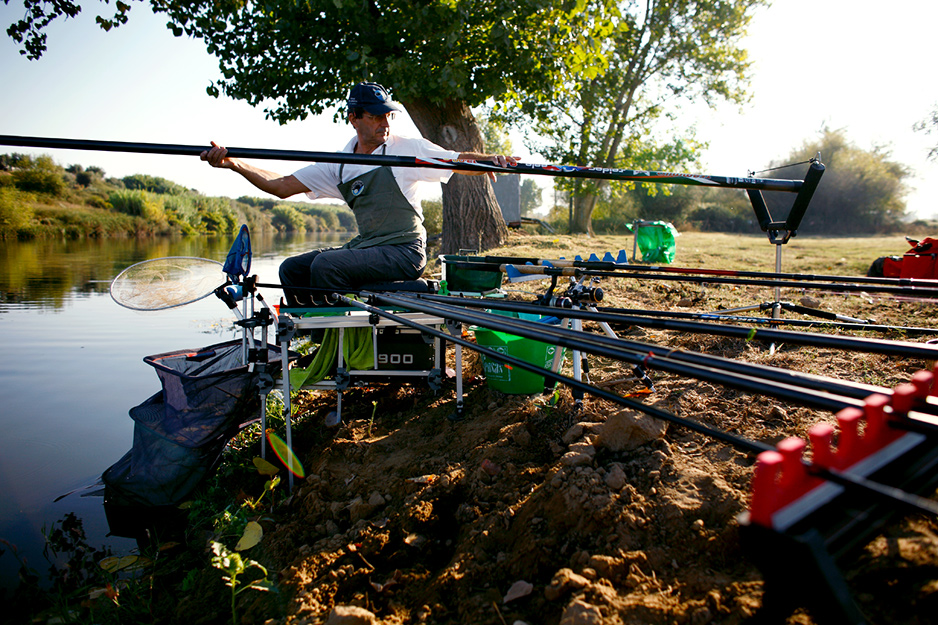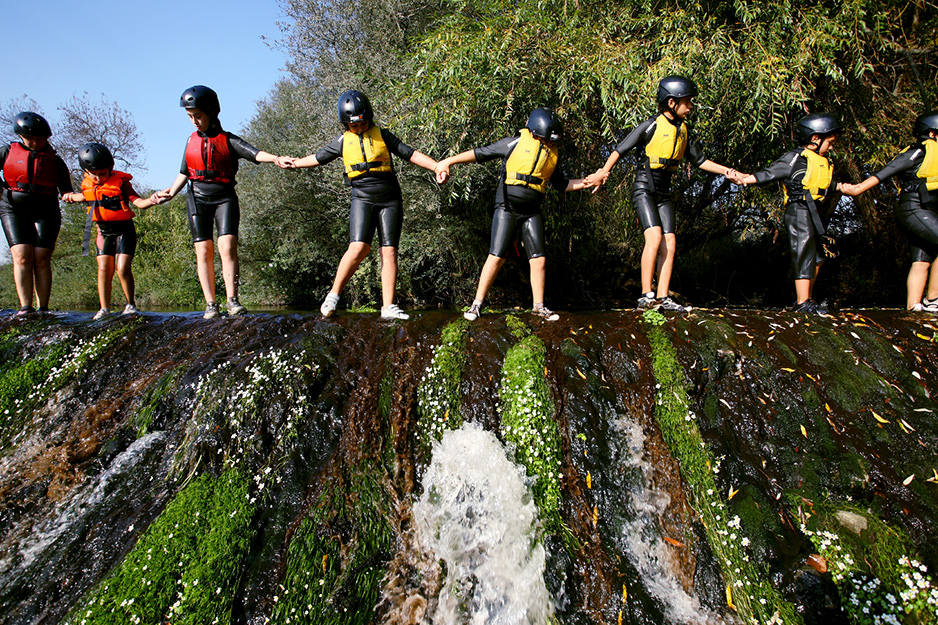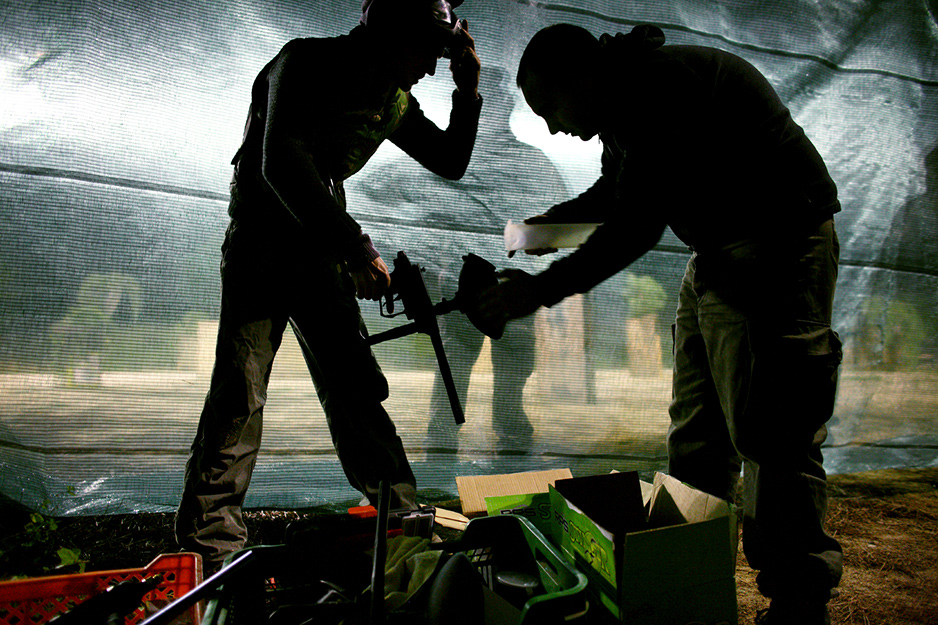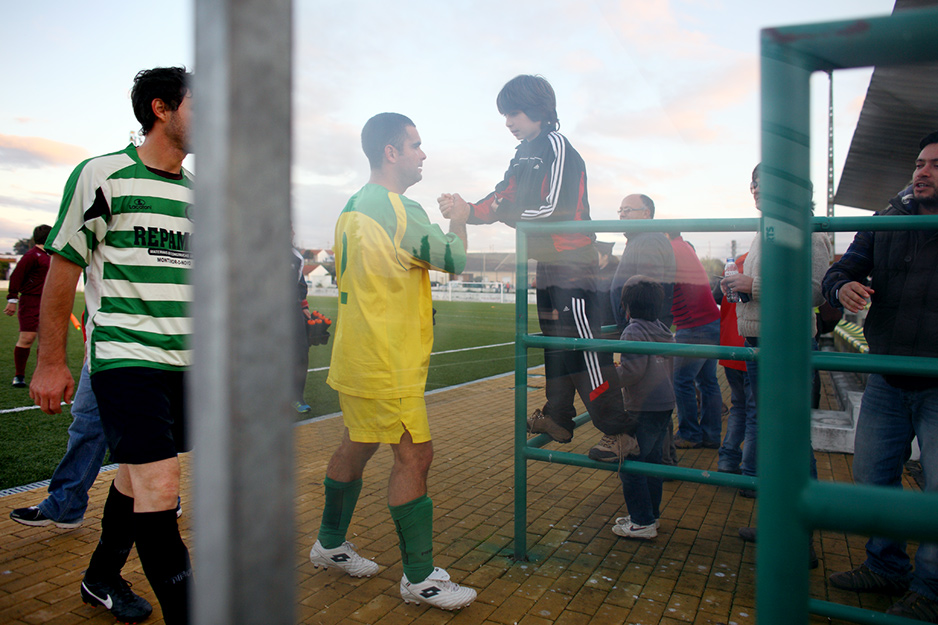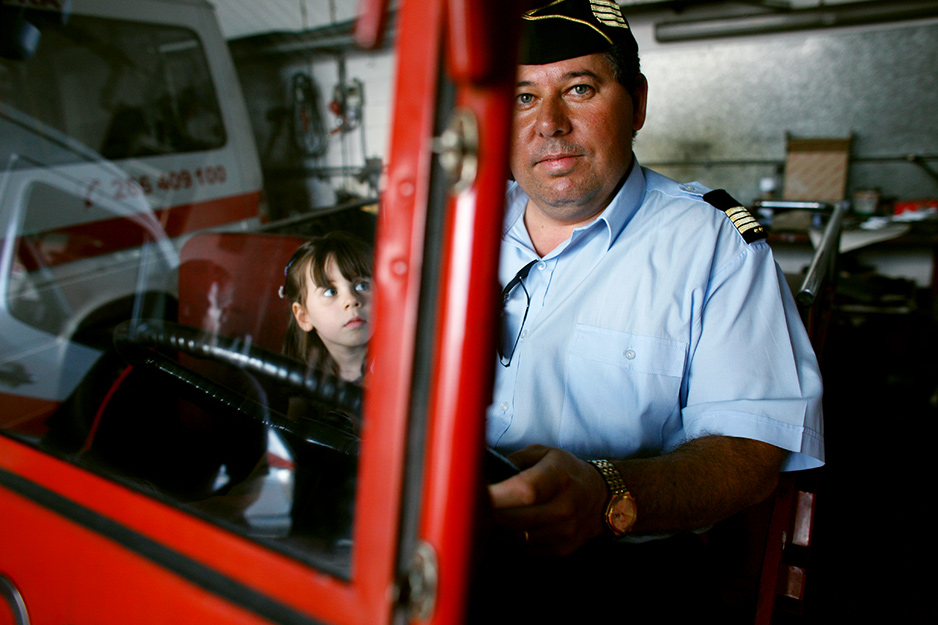
LEAN CULTURE was a photographic work produced to the portuguese Estação Imagem Grant in 2011, with a strong local focus at Mora‘s municipality in Alentejo, where Paulo Alegria documented the cultural, sporting, recreational and humanitarian associations. The title comes from the idea that these groups are almost all leanly financed, surviving uniquely on the spirit of generosity and mutual support among its members.
CULTURA MAGRA foi um trabalho fotográfico realizado para a Bolsa Estação Imagem em 2011, de forte pendor local no concelho alentejano de Mora, onde Paulo Alegria documentou o associativismo nas vertentes cultural, desportiva e recreativa, entre outras. O título nasce da ideia de que estas colectividades são, na sua maioria, magramente financiadas; vivendo da generosidade e espírito de entreajuda entre os seus membros.
Being the fruit of a remarkable mutual effort and a true strength of will, the cultural, sports and recreational associations survive in most cases due to the strong social relationships among their members (which may include just a small group of friends or even the whole population of a given site); this way they always develop their specific form of intervention inside their own territory. Having always in mind an overwhelming willingness to produce and consume culture, entertainment and sport, these, however, can’t help being, given a great number of factors, the culture, the entertainment and the sport one can get. Besides, these associations have a poor financial support; many of them have no access to any money resources and hold on to what is brought from one’s own home or the solidarity of those that belong to them. It was during the second half of the nineteenth century that, as well as all over the country, the idea of entertainment associations appeared to a large extent in Alentejo; however this spirit of mutual aid among communities on the edge comes from the ancient times, when they defended their frontiers of survival underneath a weather not always easy to support.
Na maioria dos casos, fruto dum considerável esforço mútuo e de vontade genuína, as associações culturais, desportivas e recreativas sobrevivem sobretudo através das fortes relações sociais entre os seus membros (que podem abranger apenas um pequeno grupo de amigos ou mesmo toda a população dum determinado local); desenvolvendo sempre, por isso mesmo, a sua escala de intervenção dentro do seu próprio território. Se temos sempre presente uma vontade avassaladora de produzir e consumir cultura, recreação e desporto, estes não deixam, todavia, face a uma miríade de factores, de ser a cultura, a recreação e o desporto possíveis. Estas colectividades são, além disso, magramente financiadas; muitas delas não conseguem aceder a quaisquer recursos financeiros, sobrevivendo apenas «do que se traz de casa» e da solidariedade dos que a elas pertencem. Embora fosse durante a segunda metade do século XIX que, à semelhança do resto do país, o associativismo recreativo tivesse surgido com grande força no Alentejo, ele transportou, de tempos imemoriais, esse espírito de entreajuda entre as comunidades que, no limite, defendia as fronteiras da sobrevivência num clima nem sempre fácil.
Exhibition opening of the “Lean Culture” book release, held to the Portuguese Estação Imagem Grant 2011, in Mora’s House of Culture, on April 14, 2012. Excerpt from the “Total Photography” show, broadcast on April 29 at TVI channel.
Inauguração da exposição e lançamento do livro “Cultura Magra”, realizado para a Bolsa Estação Imagem 2011, na Casa da Cultura de Mora no dia 14 de Abril de 2012. Excerto do programa “Fotografia Total”, transmitido no dia 29 de Abril na TVI.
photography and text fotografia e texto Paulo Alegria
editorial management coordenação editorial Luís Vasconcelos.
text revision revisão de texto Raul Pereira translation tradução Isilda Graça
design Henrique Cayatte & Susana Cruz printing impressão Norprint
publisher editor Estação Imagem
2012/04/14 ISBN 9789899733817


